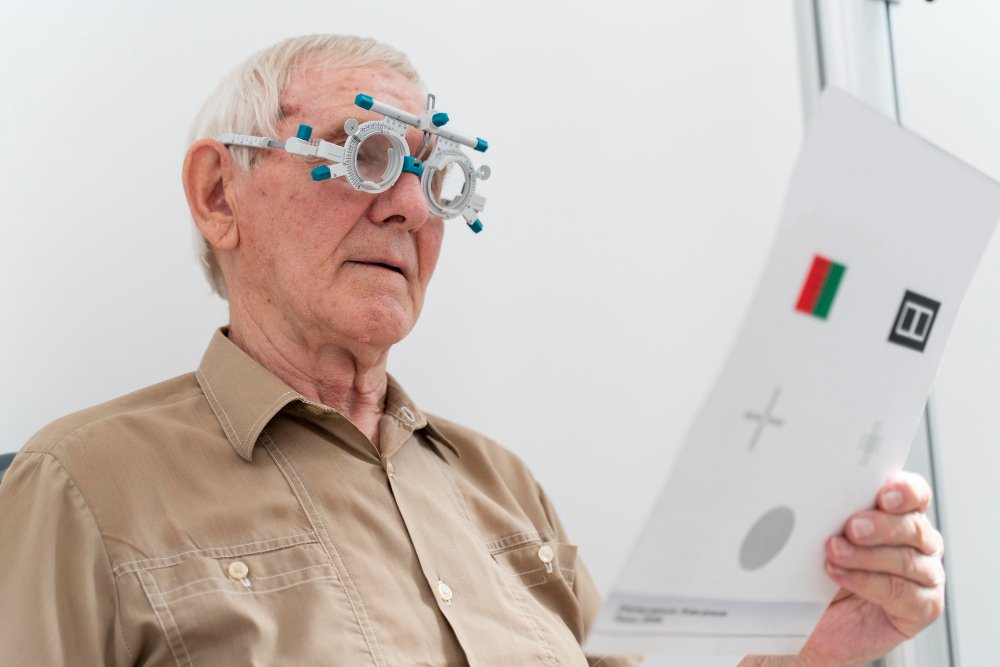Cataract surgery is one of the most commonly performed medical procedures worldwide, renowned for its high success rate and transformative impact on quality of life. If you or a loved one are considering this surgery, it’s natural to have questions and concerns. This article aims to provide a comprehensive guide on what to expect at each stage of this journey—from the initial consultation to the postoperative care.
Contents
Preparing for Cataract Surgery (Before)
Understanding Cataracts
A cataract is a clouding of the natural lens in the eye, which can significantly impair vision. This condition is most commonly associated with aging but can also be caused by trauma, certain medications, and other health conditions. Symptoms often include blurred vision, difficulty with glare, and trouble seeing at night.
Initial Consultation
The first step in your journey is the initial consultation. During this meeting, your ophthalmologist will conduct a thorough eye examination and review your medical history. This is an opportune time to discuss any concerns or questions you may have. The doctor will also explain the surgical options available, helping you make an informed decision.
Preoperative Measures
Prior to surgery, you may be advised to temporarily discontinue certain medications and adhere to specific dietary restrictions. It’s crucial to follow these guidelines to minimize surgical risks. Your healthcare team will provide detailed instructions tailored to your individual needs.
The Day of the Surgery (During)

Arrival at the Clinic
On the day of the surgery, arrive at the clinic with all necessary documentation and personal items, as advised by your healthcare team. After check-in, you’ll be prepared for surgery, which may include administering preoperative eye drops and mild sedation.
The Surgical Procedure
Cataract surgery is typically an outpatient procedure that takes about 20-30 minutes. Local anesthesia is administered to numb the eye, ensuring a pain-free experience. The clouded lens is then removed and replaced with an artificial lens. The procedure is minimally invasive, often requiring no sutures.
Immediate Post-Surgery Care
Immediately following the surgery, you’ll be moved to a recovery room for close monitoring. Once your healthcare team confirms that you’re stable, you’ll be discharged with a set of postoperative instructions.
The First 24 Hours
The initial 24 hours post-surgery are crucial for recovery. You may experience mild discomfort, itching, or fluid discharge. It’s imperative to avoid rubbing your eyes and to follow the prescribed medication regimen diligently.
Follow-up Appointments

Postoperative check-ups are essential for monitoring your recovery and ensuring the success of the surgery. During these visits, your ophthalmologist will assess your vision and eye health, making any necessary adjustments to your treatment plan.
Long-term Care
Long-term care involves ongoing monitoring and lifestyle adjustments. Most patients can resume normal activities within a few weeks, but it’s crucial to consult your healthcare provider for personalized advice.
Common Misconceptions About Cataract Surgery
In the realm of eye care, cataract surgery is often surrounded by myths and misconceptions that can deter potential candidates from seeking treatment. Addressing these fallacies is crucial for making an informed decision.
Surgery is Only for Advanced Cataracts
One common misconception is that cataract surgery is only necessary for advanced or “ripe” cataracts. In reality, the timing of the surgery is generally determined by the extent to which the cataract interferes with your daily activities. If you’re experiencing vision problems that affect your ability to read, drive, or perform other routine tasks, delaying surgery is not advisable.
Cataracts Can Grow Back After Surgery
Another myth is that cataracts can grow back after being removed. This is not true. During cataract surgery, the clouded lens is removed and replaced with an artificial one. While it is possible for a secondary cataract to form, this is not the original cataract “growing back” but rather a clouding of the lens capsule that holds the artificial lens. This condition can be easily treated with a simple laser procedure.
Recovery Takes a Long Time
Many people believe that the recovery period after cataract surgery is lengthy and debilitating. In fact, most patients can resume their normal activities within a few days to a week, although it’s essential to follow your healthcare provider’s specific recommendations.
The Financial Aspect of Cataract Surgery
The cost of cataract surgery is a significant consideration for many individuals. Understanding the financial aspects can help you plan effectively.
Insurance Coverage
Most health insurance plans, including Medicare, cover cataract surgery. However, the extent of the coverage can vary. It’s essential to consult with your insurance provider to understand what costs will be covered and what you’ll be expected to pay out-of-pocket.
Additional Costs
While the surgery itself is often covered, additional costs such as preoperative tests, postoperative medications, and follow-up visits may not be. Make sure to budget for these when planning your surgery.
Financing Options
For those without insurance or with limited coverage, many clinics offer financing options. These can range from monthly payment plans to medical credit cards specifically designed for healthcare expenses.
Cataract surgery is a transformative procedure that can significantly improve your quality of life. By understanding what to expect before, during, and after the surgery, you can approach this life-changing event with confidence and peace of mind. Always consult with your healthcare providers for personalized advice tailored to your unique medical needs.


